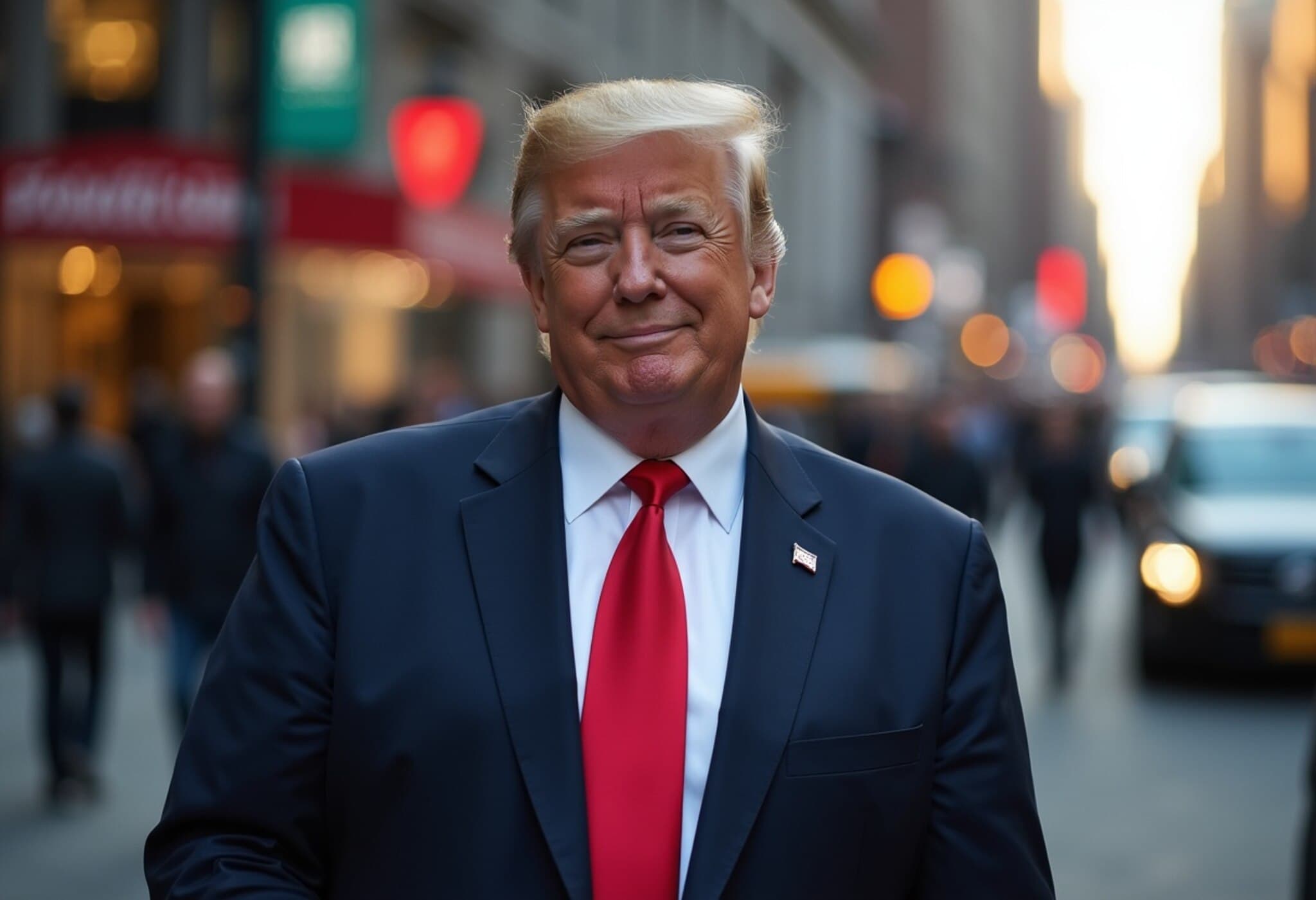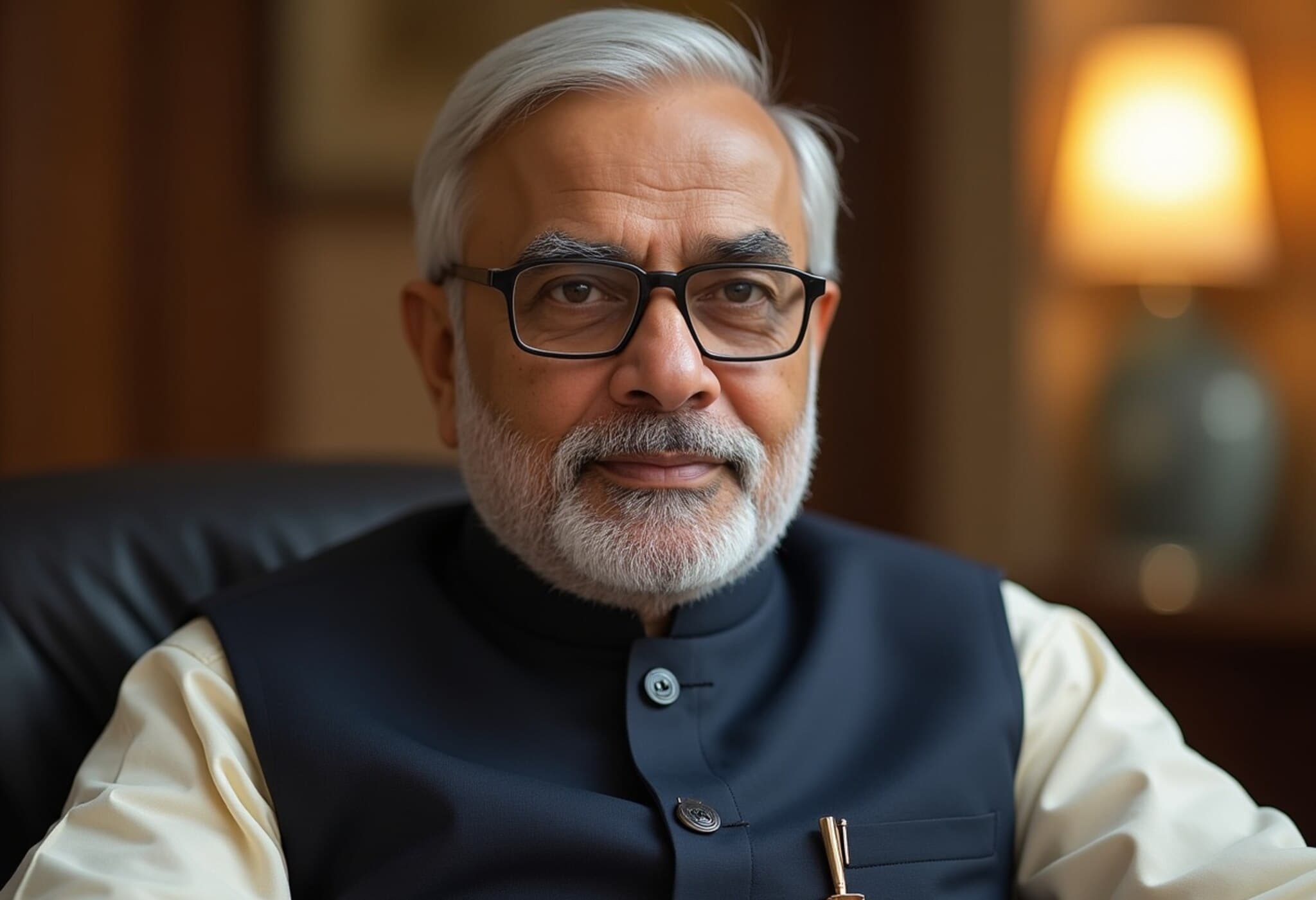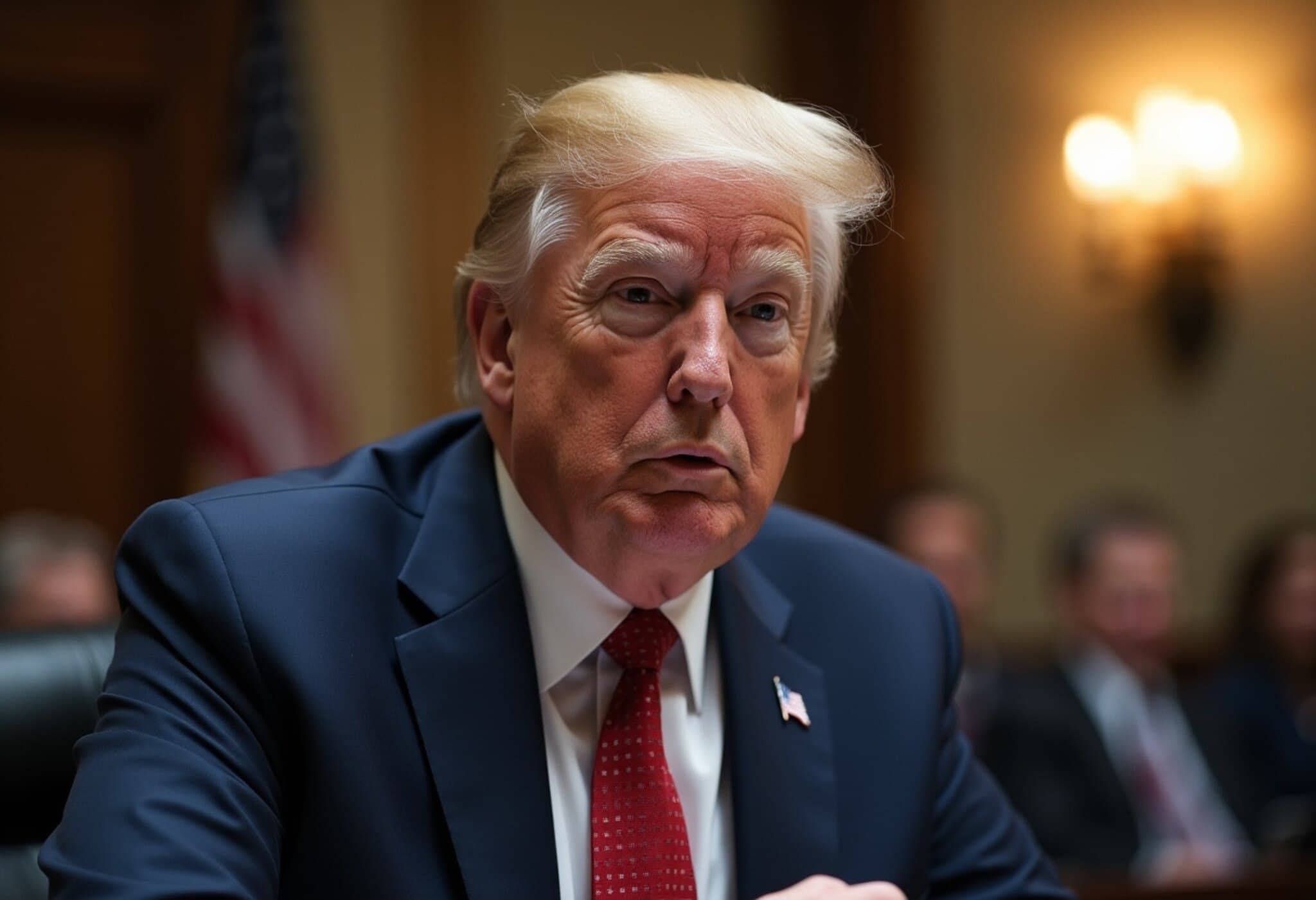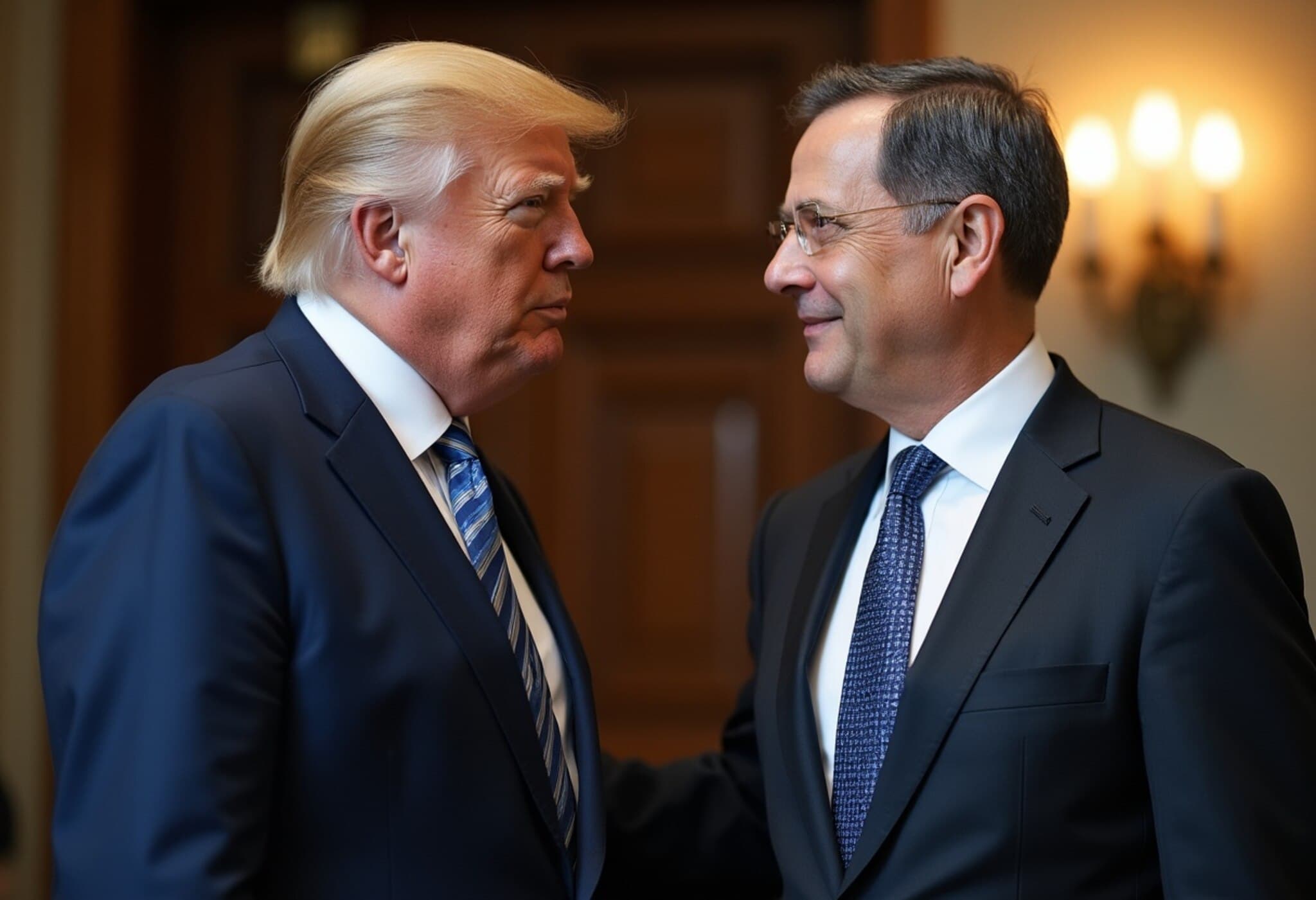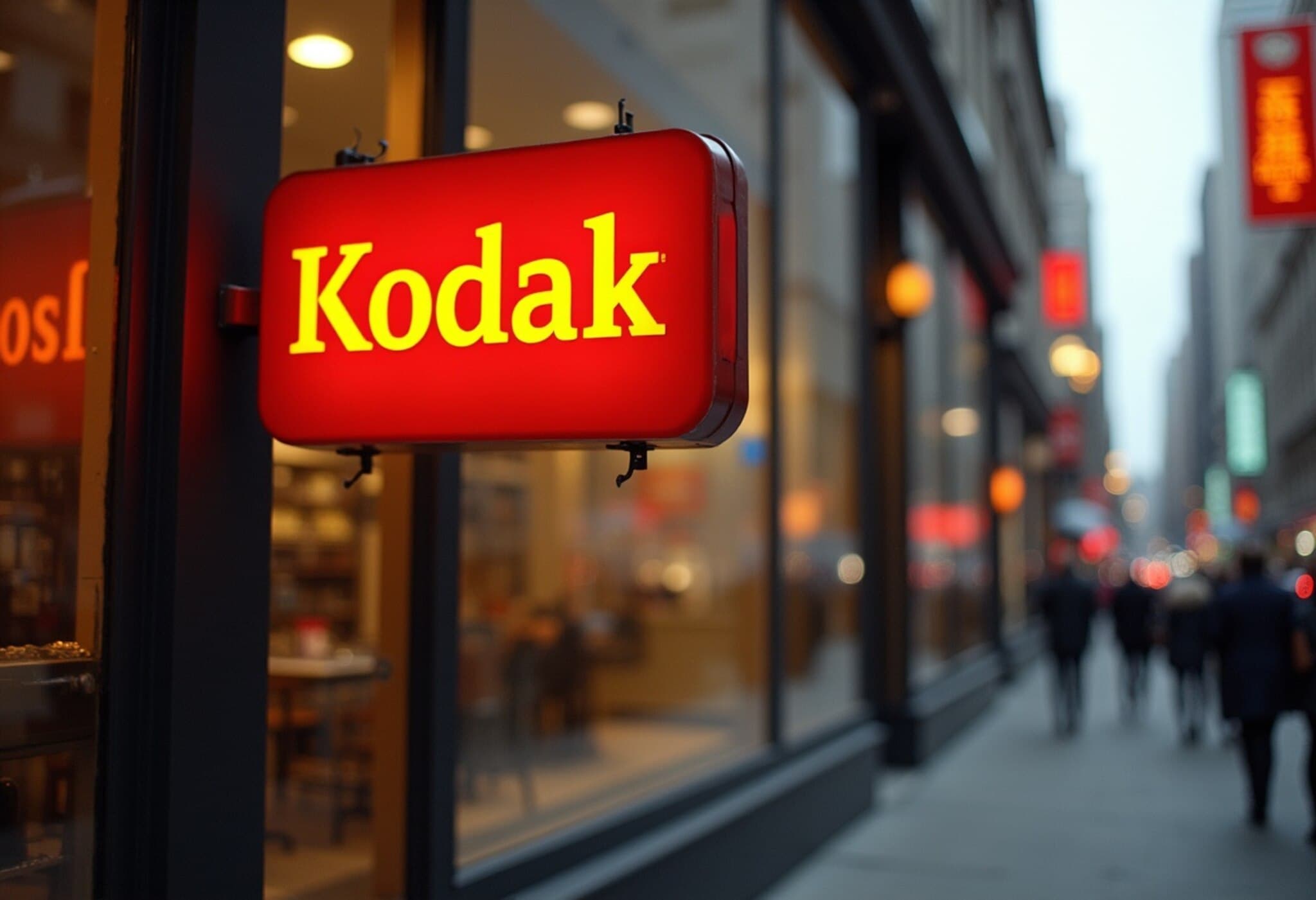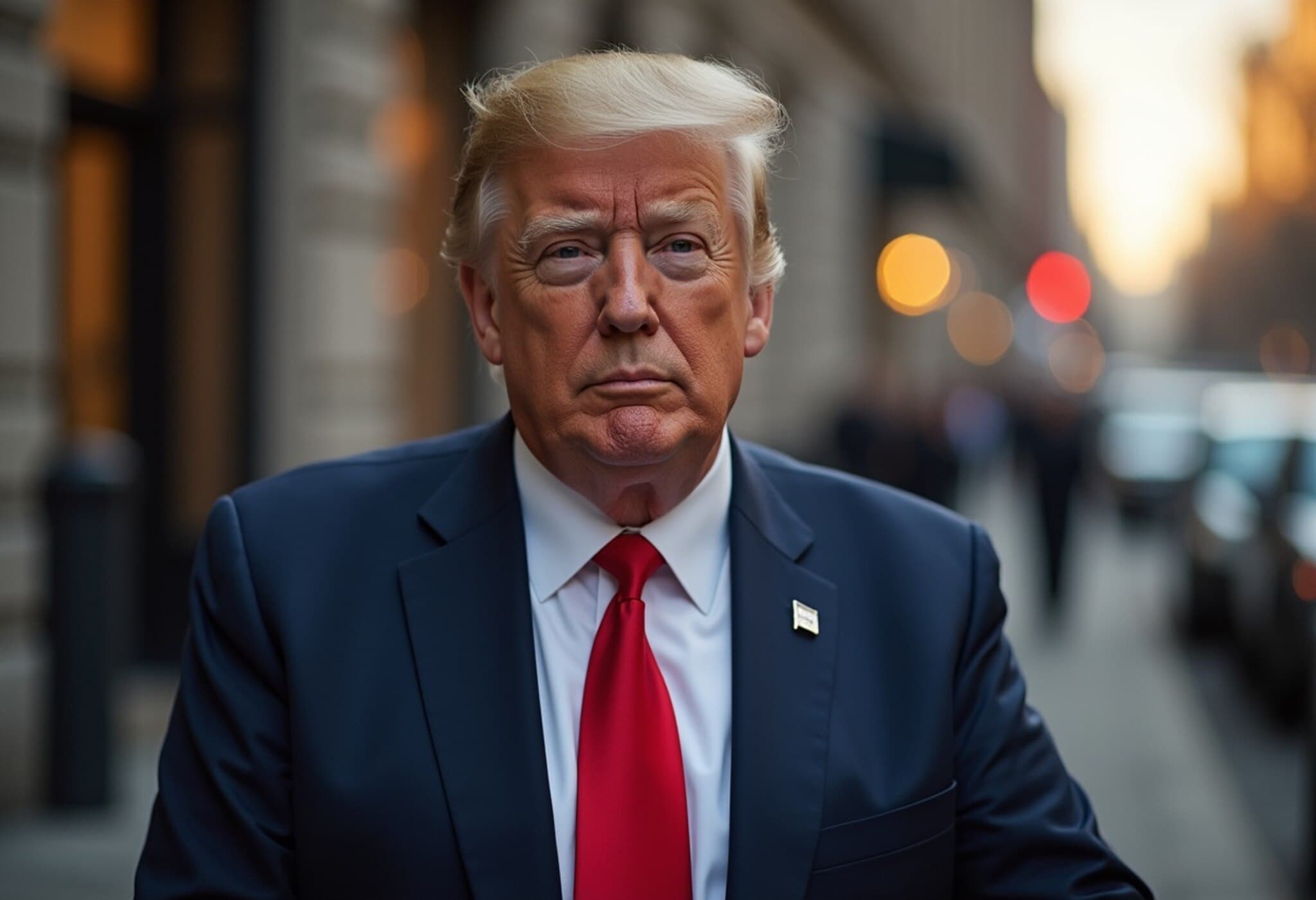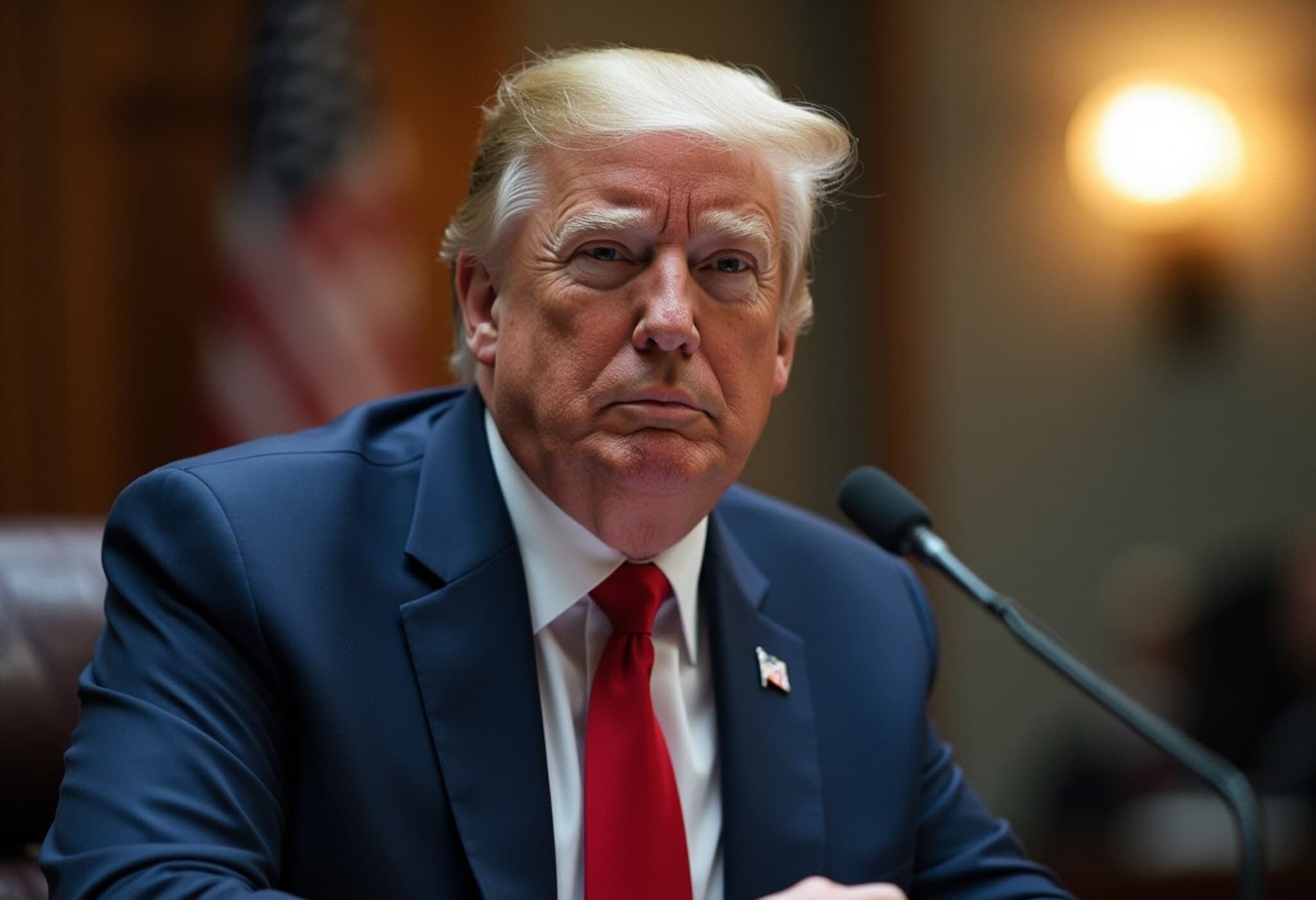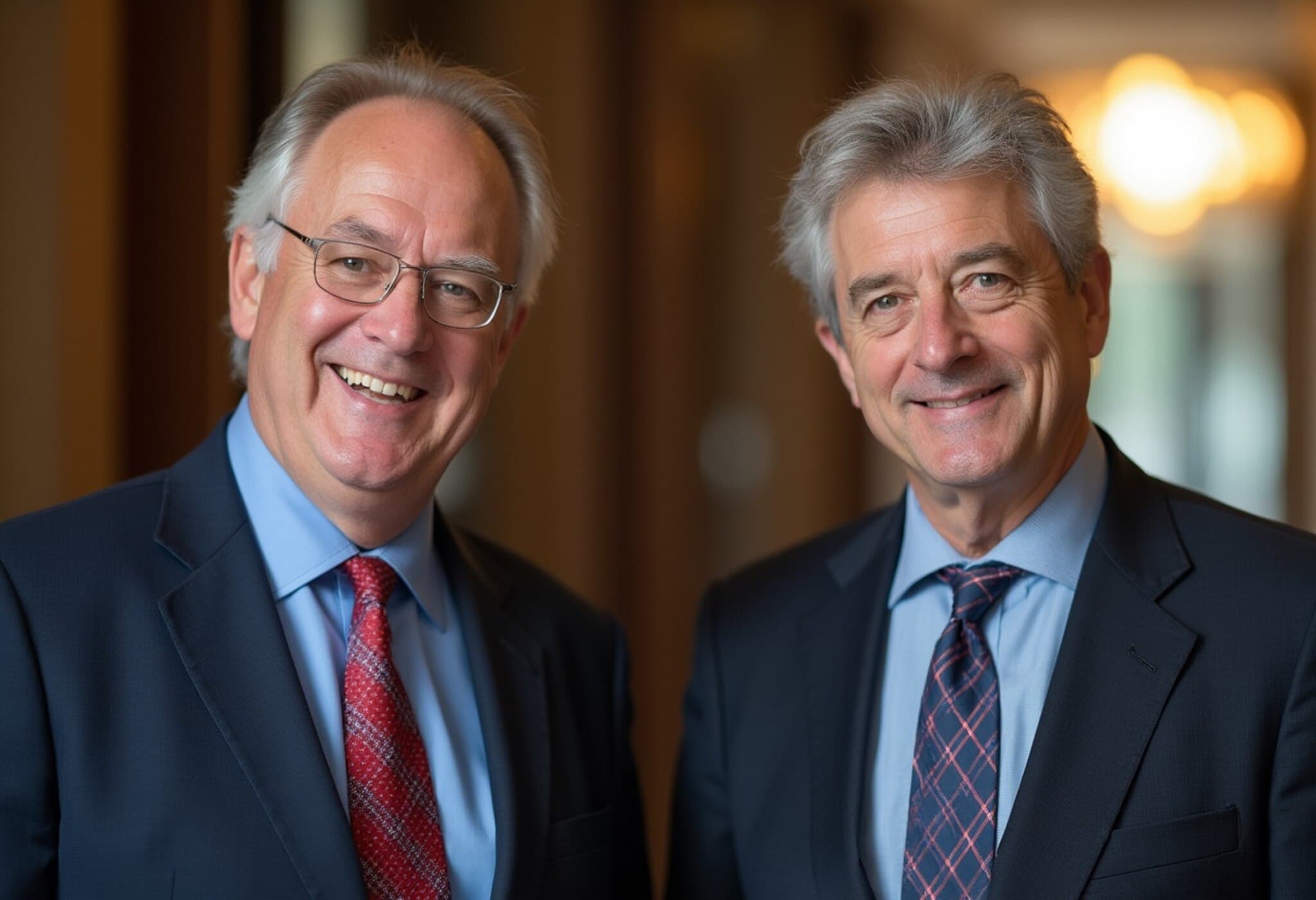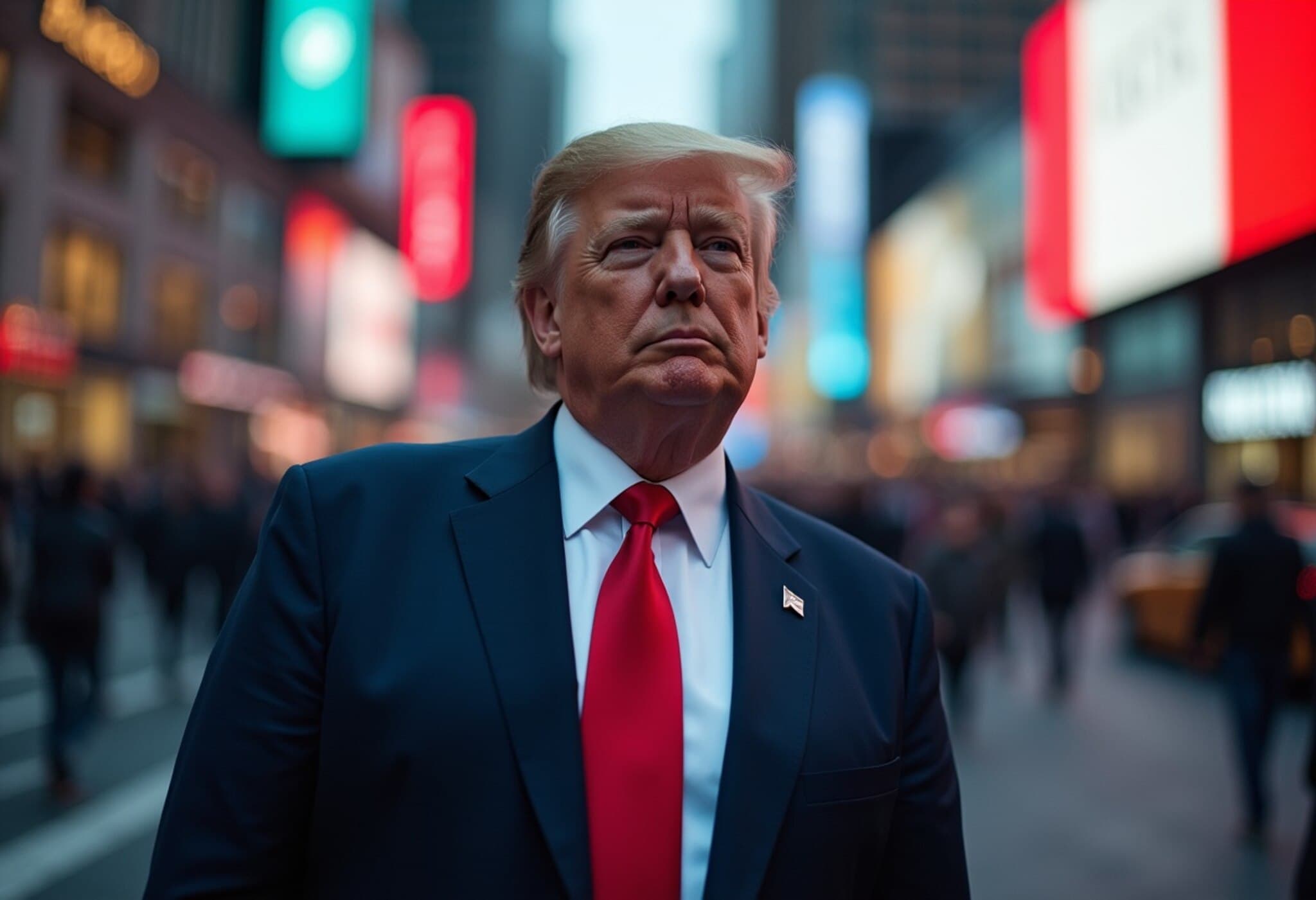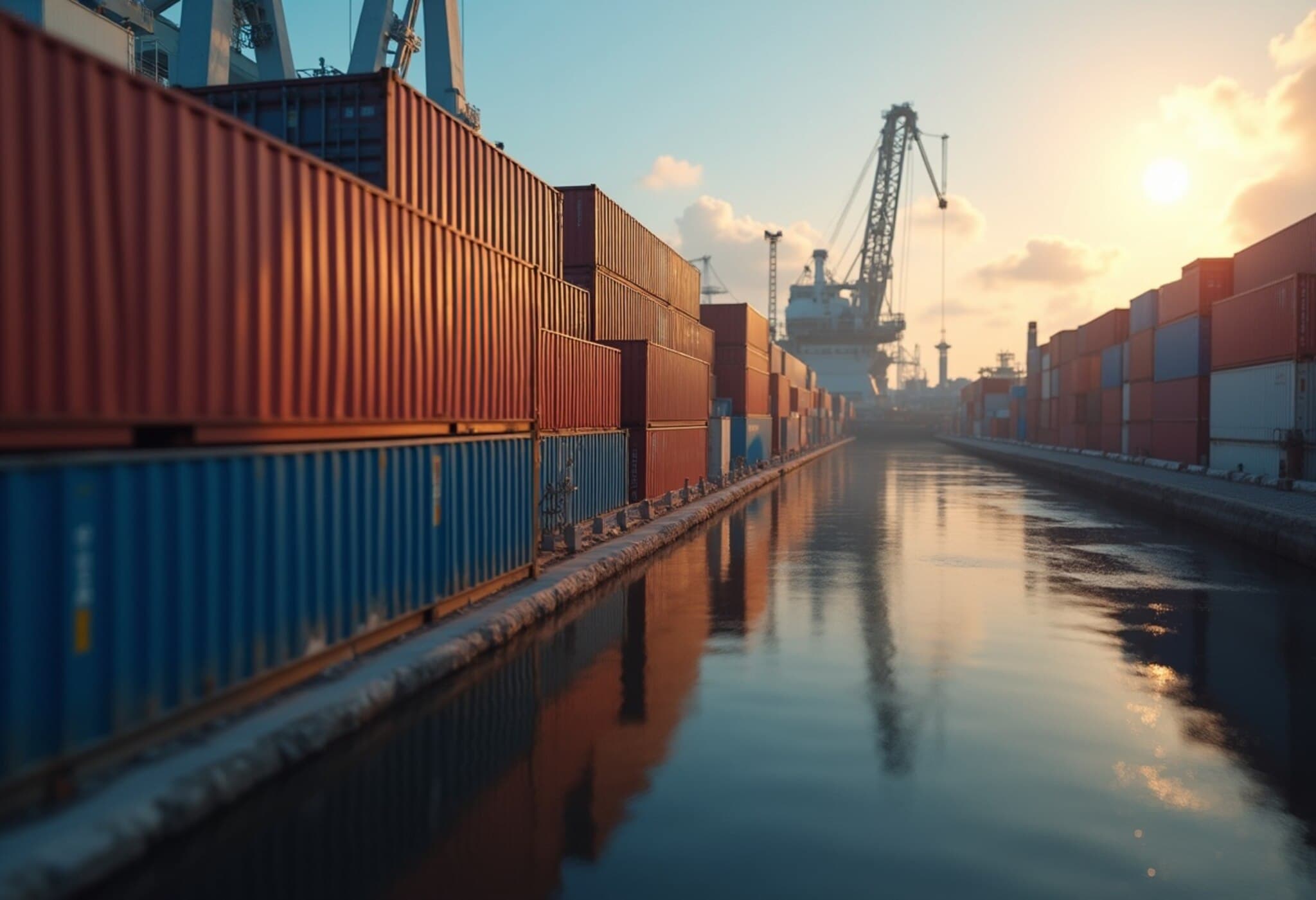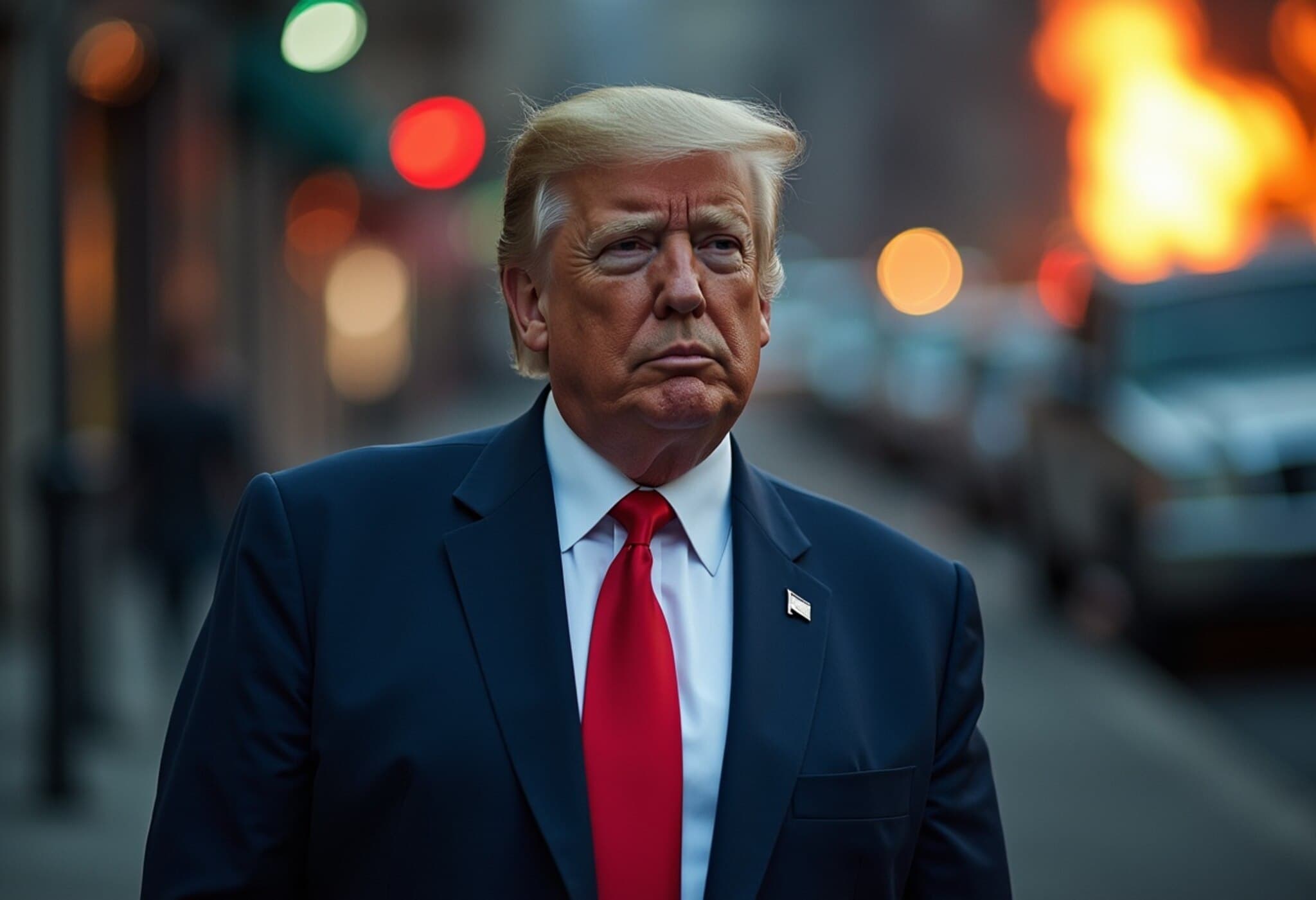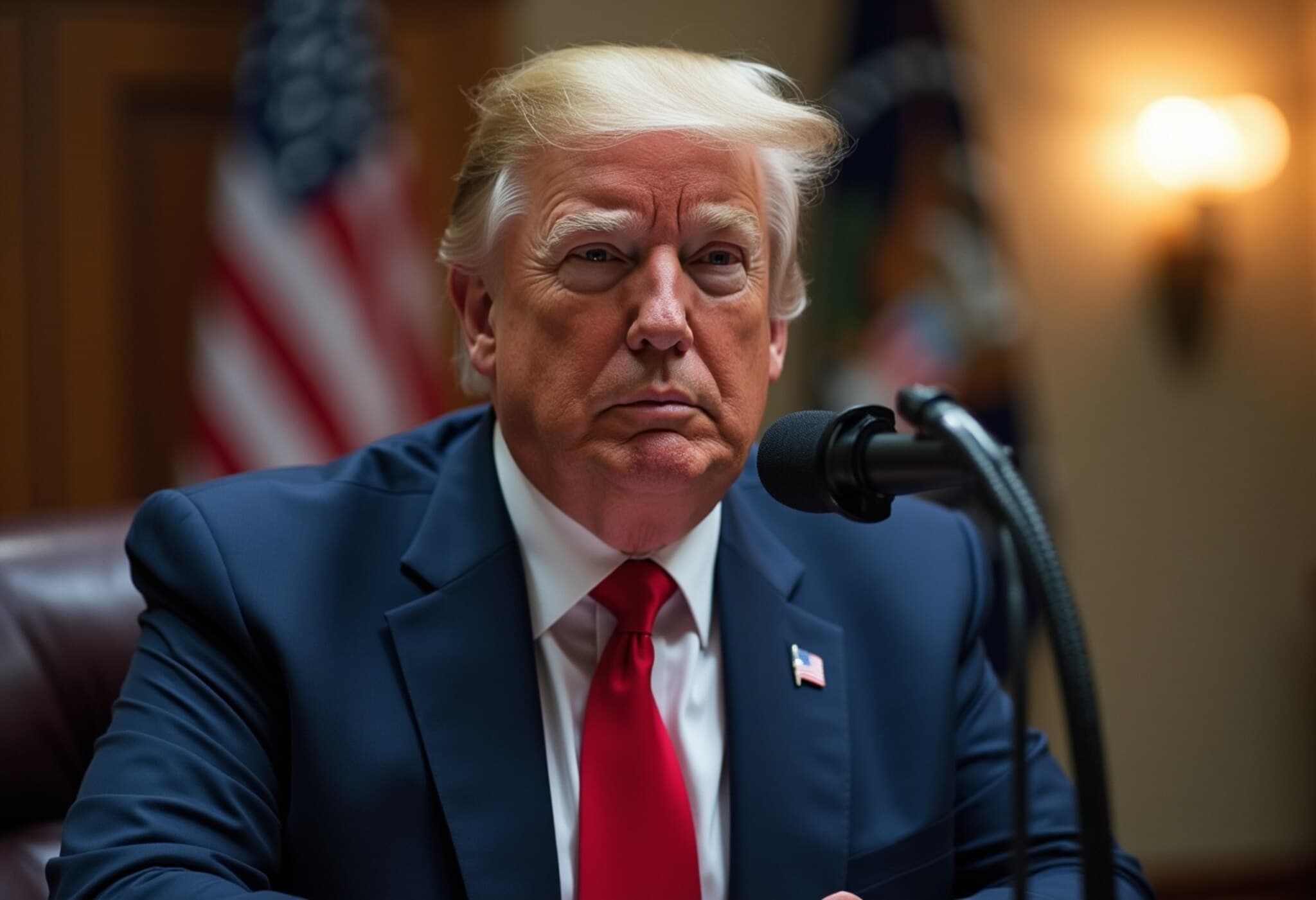Goldman Sachs Stands Firm on Tariff Impact Amid Presidential Backlash
In a rare clash between a leading financial institution and the President of the United States, Goldman Sachs has doubled down on its economic forecast that American consumers will ultimately bear the majority of the costs resulting from recent tariffs. This reaffirmation comes in the wake of President Donald Trump’s sharp rebuke of the bank’s analysis, delivered publicly via social media.
Goldman’s Economists: Consumers to Absorb Two-Thirds of Tariff Costs
David Mericle, a senior economist at Goldman Sachs, appeared on CNBC to address the controversy and reaffirm the institution’s findings. "We stand by the results of this study," Mericle asserted. He explained that if recent tariffs, like those implemented in April, mirror the pattern set by the initial February tariffs, consumers could be responsible for absorbing approximately two-thirds of the tariff costs by this fall.
The original study, penned by economist Elsie Peng, highlighted a significant shift in who shoulders tariff costs. While exporters and business sectors have so far taken the brunt, Goldman’s models predict that in the coming months, the burden will transition primarily to everyday consumers. This transfer is expected to push the Federal Reserve’s preferred inflation gauge—the personal consumption expenditures (PCE) price index—up to 3.2% by year-end (excluding volatile food and energy prices), exceeding the Fed’s 2% target.
Understanding the Economic Dynamics
Mericle elaborated on the economic mechanism behind this estimate: Companies shielded from foreign competition due to tariffs might raise prices without losing market share, effectively passing costs directly to consumers.
"If you are a U.S. producer now protected from foreign competition, you can raise prices and benefit," Mericle said. "Our estimates align closely with findings across other leading economists." This situation underscores a crucial, often overlooked fact: tariffs, while intended to protect domestic industries, frequently lead to higher prices for the American public.
President Trump’s Response
President Trump expressed strong dissatisfaction with Goldman Sachs' report in a post on his platform from Tuesday, suggesting CEO David Solomon should either rethink his economic team or consider resignation. This public rebuke highlights ongoing tensions between the administration and some financial institutions over tariff policies and their real economic impact.
Broader Economic and Policy Implications
Mericle observed that although the inflationary impact will be noticeable, it is likely to represent a one-time price level effect rather than an ongoing inflation trend, which reduces concerns that the Federal Reserve might escalate monetary tightening purely based on tariffs. Instead, the Fed's primary focus remains on labor market conditions, which continue to dominate economic policymaking.
Given recent market behavior—including modest stock gains and weaker-than-expected durable goods data—the prevailing market consensus anticipates interest rate cuts at upcoming Federal Reserve meetings. The tariff-induced price pressures add another layer of complexity to these decisions.
Why This Matters for Americans
- Consumers May See Higher Prices: The inflationary effect of tariffs often trickles down to everyday purchases, raising the cost of goods from electronics to household items.
- Wider Economic Ripple: Businesses initially absorbing costs may raise prices later, affecting everything from supply chains to retail prices.
- Policy Debate Intensifies: The Goldman Sachs report reignites debate over the efficacy and consequences of protectionist trade policies.
Expert Insight: The Underreported Angle
While the public and political focus often centers on tariffs as a tool to protect jobs and domestic industries, less attention is paid to the subtle but significant inflationary impacts on low- and middle-income families who spend a larger portion of their income on goods susceptible to tariffs.
Moreover, economists warn that inflation driven by tariffs can limit the Federal Reserve's ability to maneuver, constraining monetary policy flexibility during volatile economic periods.
Editor’s Note
The Goldman Sachs forecast sharply underscores a fundamental and often overlooked truth of trade policy: tariffs may protect certain producers but ultimately risk straining consumer budgets and complicating inflation dynamics. As U.S. policymakers debate future trade strategies, understanding who truly bears these costs is crucial. This ongoing dialogue between economic experts and policymakers raises important questions about balancing national economic interests with the everyday financial realities of American consumers.
Key Questions for Readers:
- How should policymakers weigh the short-term benefits of tariffs against long-term inflation costs for consumers?
- Can the Federal Reserve and the administration coordinate effectively to manage these conflicting economic pressures?
- What role will consumer advocacy play in shaping future trade policy decisions?

